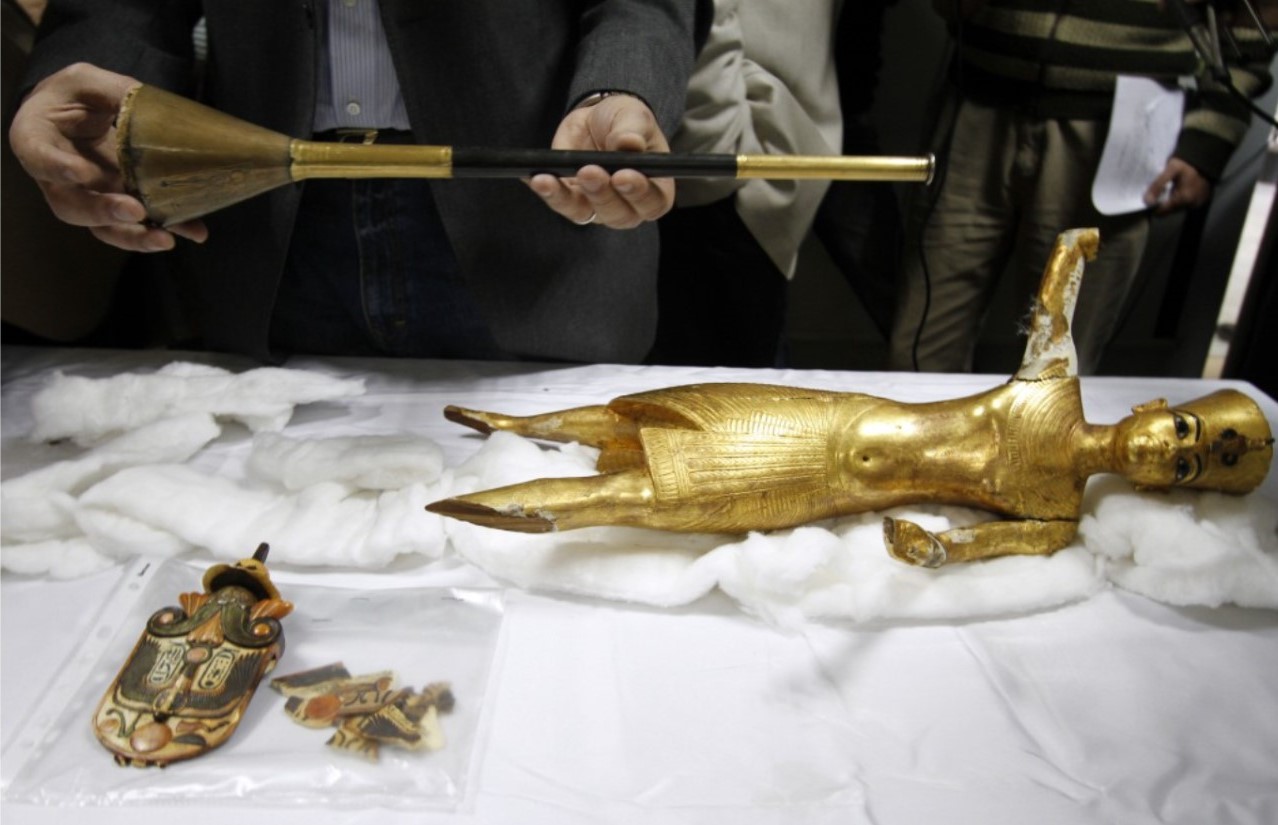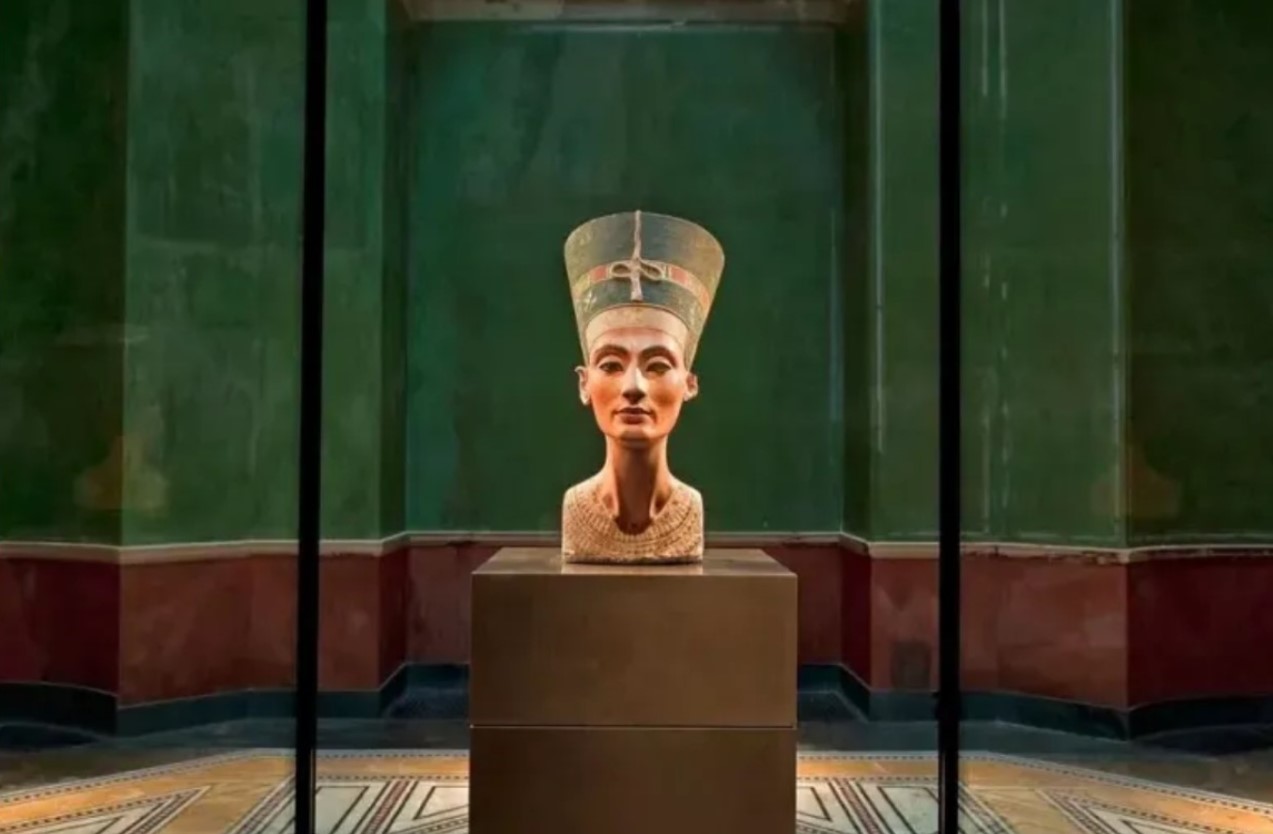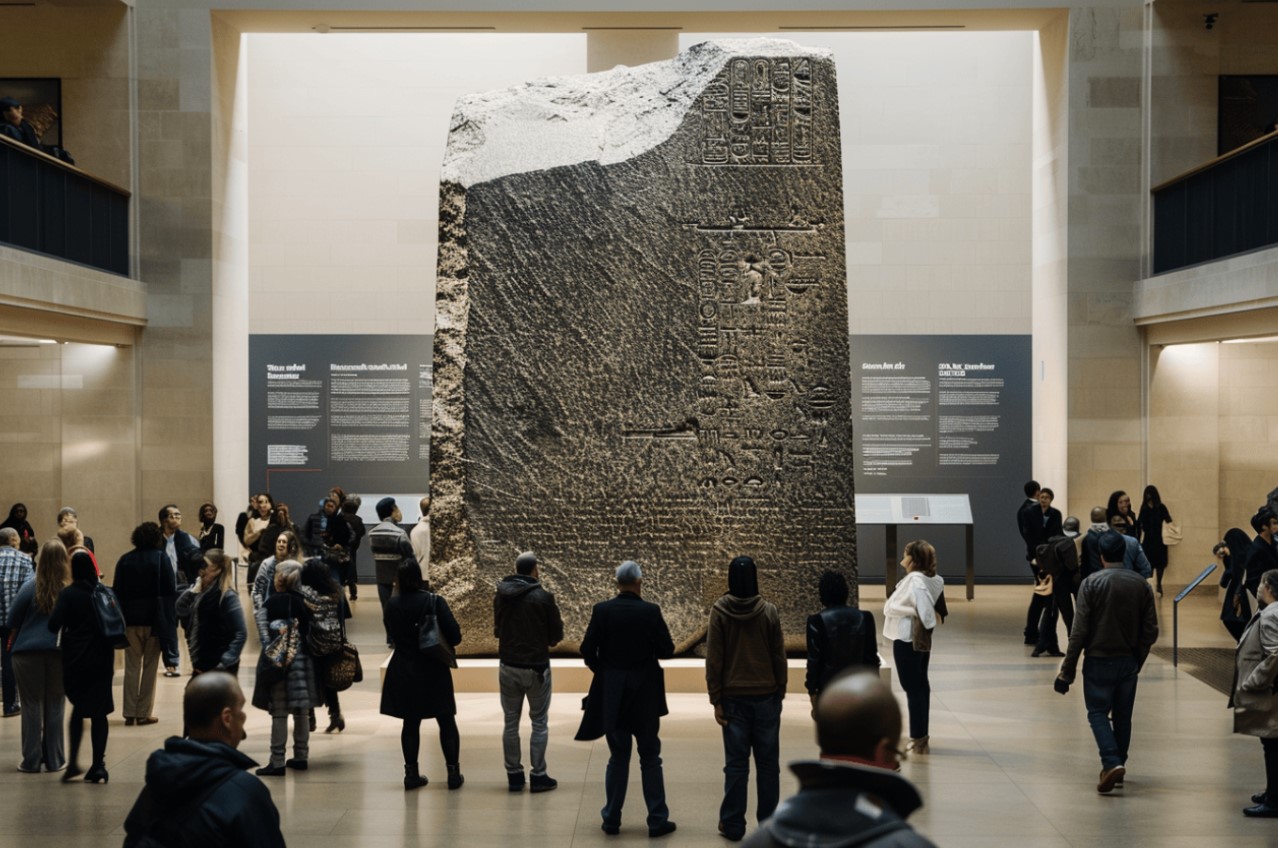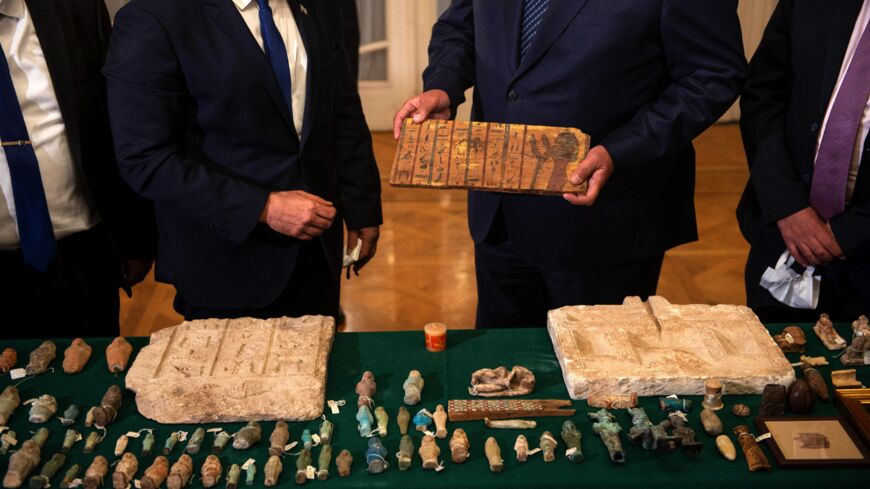Egypt’s artifacts and monuments have been illegally seized and smuggled from their home country for years, and to this day, it remains an issue that the country faces.
Artifacts such as jewelry, large statues, and stone steles among others, made their way out of Egypt legally, while others were smuggled or transferred illegitimately.
“All artifacts that have left Egypt illegally will eventually return to their homeland,” Shabaan Abdel-Gawad, head of the Egyptian Antiquities Ministry’s Repatriation Department, stated. He emphasized that all state agencies are making intensive efforts to recover these artifacts.
In the last couple of years, Egypt has repatriated thousands of artifacts from various countries, many of which are in Europe.

Italian police forces recovered 118 artifacts in 2018 as they made their way to Salerno, and according to Abdel-Gawad, they were most likely acquired through illegal excavations.
In 2021, the country recovered 5,300 artifacts from the Museum of the Bible in the United States, according to Abdel-Gawad. Additionally, a fragment of a statue of King Ramses II was recovered from Switzerland this April.
Still, major artifacts are displayed at major museums worldwide. The British Museum in the United Kingdom holds more than 100,000 artifacts, 80,000 artifacts are at the Ägyptisches Museum (Egyptian Museum) in Neues Museum in Germany, and 50,000 artifacts are at the Louvre Museum in France.

Artifacts displayed in museums all over the world include some historic masterpieces, such as the head of Nefertiti in Ägyptisches Museum (Egyptian Museum) in the Neues, dating back to 1345 BC, and the Dendera Zodiac in the Louvre, France.
Another valuable artifact that Egypt often petitions for is the Rosetta Stone, housed in The British Museum since 1802. The British commanders seized it from French Napoleon Bonaparte’s forces following the Treaty of Alexandria around 1801.

The country’s cultural heritage can be negatively affected by illicit trafficking. Particularly, the loss of Egypt’s antiquities can mean a depletion in its financial gains.
According to Business Monthly, the journal of the American Commerce Chamber in Egypt, “Egypt’s tourism sector has missed out on several decades of revenue generated by visitors who wanted to see the Rosetta Stone and Dendera Zodiac […]”.
In 2018, the Louvre, home to the Dendera Zodiac, had 10.2 million visitors, which is “an unprecedented figure for an international museum,” according to Louvre management. Meanwhile, the number of visitors to archaeological and historical museums in Egypt was 2.845 million in the same year, as per the Central Agency for Public Mobilization and Statistics (CAPMAS).
The history of ancient Egypt is older than 5,000 years, and to this day, ongoing excavations continue to unravel bits of Egyptian history, making the government’s fight against illegal smuggling a more pressing issue.
The latest Egyptian law for the protection of antiquities, No. 20 of 2020, imposes severe penalties for any attempt to smuggle Egyptian antiquities out of the country, stating, “Whoever smuggles an antiquity outside the republic of Egypt, together with his knowledge of such act shall be punished by life imprisonment and by a much not less than 1,000,000 (one Million) Egyptian Pounds and not more than Ten million Egyptian Pounds. In this case, the antiquity, object of the crime, shall be confiscated together with sets, instruments, machinery, and cars used in the said crime for the benefit of the Council.”
Mohamed Ismail Khaled, the newly stated secretary-general of The Supreme Council of Antiquities (SCA), confirmed that the SCA is continuously working on enhancing its efforts to recover Egyptian artifacts unlawfully taken out of Egypt, and preserve Egypt’s heritage and identity, in cooperation with the Ministry of Tourism and Antiques (MOTA), the Ministry of Foreign Affairs, and external stakeholders.






Comment (1)
[…] post Combating Illegal Smuggling: Egypt’s Ongoing Mission to Preserve Its Heritage first appeared on Egyptian […]